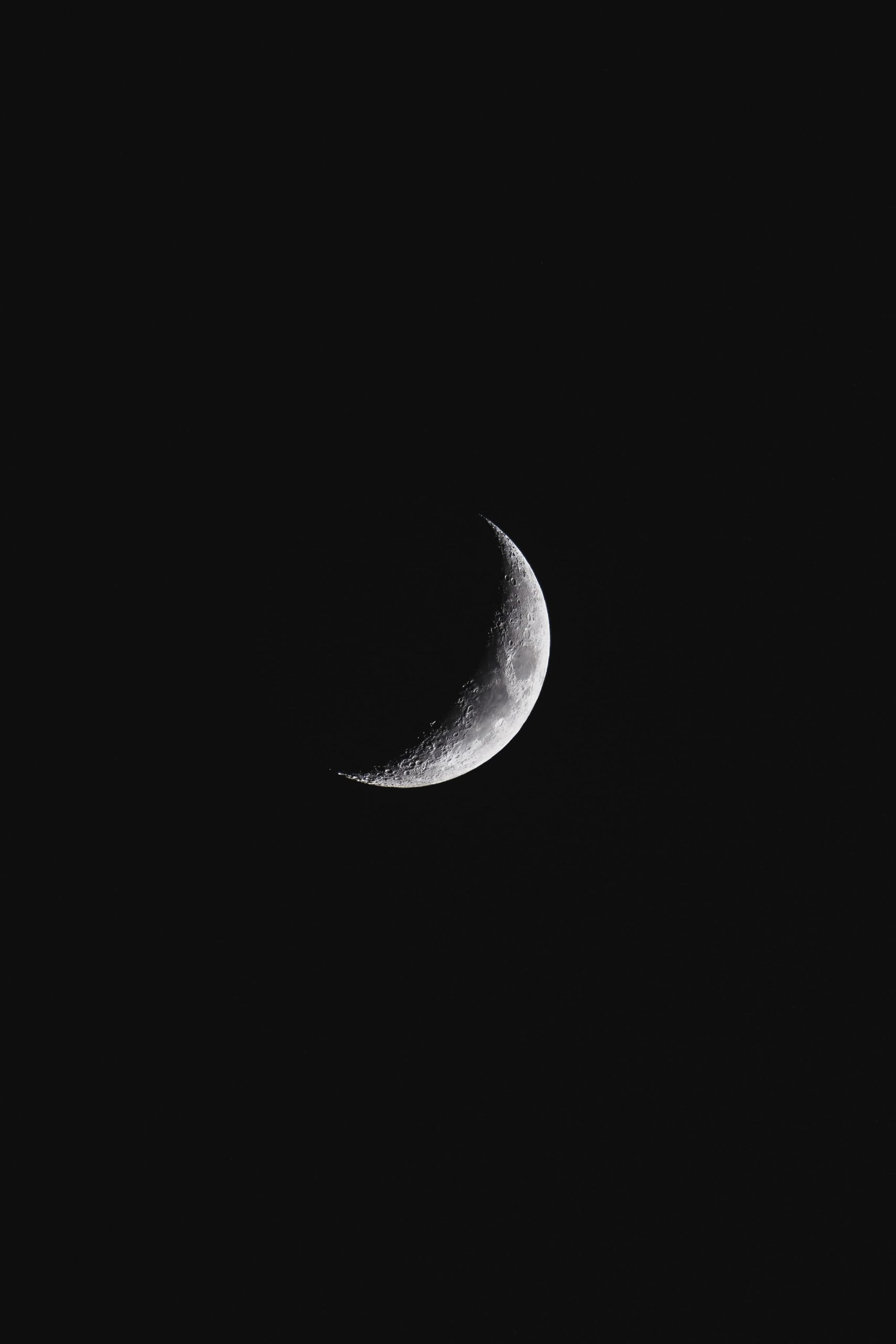The Philosophy of Daoism: Exploring the Path to Harmony
Daoism, also spelled as Taoism, is an ancient Chinese philosophy that emphasizes living in harmony with the Dao, the natural way of the universe. This profound philosophy, often shrouded in mystery and mysticism, has had a significant impact on various aspects of Chinese culture, from art and literature to medicine and martial arts. In this long-form blog post, we will delve into the rich history, key concepts, and practices of Daoism, exploring its profound wisdom and offering insights into its relevance in today’s world.
Table of Contents
History of Daoism
The origins of Daoism can be traced back to ancient China, around the same time as Confucianism. While Confucianism focused on ethics, social order, and proper conduct, Daoism took a contrasting approach, prioritizing the individual’s connection with the natural world and the pursuit of personal fulfillment.
The foundational text of Daoism, the Tao Te Ching, is attributed to the legendary figure Laozi, who is traditionally considered the founder of Daoism. The exact origins of the Tao Te Ching are unclear, and it is shrouded in mystery. Some scholars believe that Laozi might not have been a single person but rather a compilation of ancient wisdom.
Daoism flourished during the Eastern Han Dynasty (25-220 CE) and eventually became an officially recognized religion under Emperor Xuanzong (712-756 CE) of the Tang Dynasty. Over the centuries, Daoism underwent various transformations, assimilating elements from Buddhism and other indigenous beliefs.
Key Concepts
Yin and Yang
One of the fundamental concepts within Daoism is that of Yin and Yang. This dualistic concept represents the cosmic forces that govern the universe. Yin is associated with darkness, passivity, and femininity, while Yang is associated with light, activity, and masculinity. These two opposing yet complementary forces are believed to be present in all aspects of life, from nature and human behavior to the interplay of emotions and thoughts.
Wu Wei
Another central concept in Daoism is Wu Wei, often translated as “non-action” or “effortless action.” Contrary to the Western notion of non-action, Wu Wei does not imply laziness or inactivity. Instead, it refers to the harmonious alignment of one’s actions with the natural flow of the Dao. It is about acting spontaneously, without overthinking or exerting unnecessary effort. Practicing Wu Wei involves recognizing and embracing the natural rhythm of life, leading to greater efficiency, peace, and fulfillment.
Three Treasures
The Three Treasures, also known as the Three Jewels, are an integral part of Daoist philosophy. They consist of Jing (Essence), Qi (Vital Energy), and Shen (Spirit). Jing represents the physical and reproductive energy, Qi represents the vital force that flows through all living beings, and Shen is the spiritual energy or consciousness. Balancing and nurturing these three treasures is essential for vitality, longevity, and spiritual cultivation.
Practices
Meditation
Meditation is a core practice in Daoism, aiming to quiet the mind and cultivate inner stillness. Daoist meditation techniques incorporate breath control, visualization, and mindful awareness. One of the most famous Daoist meditation practices is “Nei Gong,” or “Internal Alchemy,” which involves refining and transmuting the Three Treasures within oneself to attain spiritual enlightenment and immortality.
Tai Chi
Tai Chi, also known as Tai Chi Chuan, is a martial art and a moving meditation rooted in Daoist principles. It is characterized by slow, continuous, and flowing movements that cultivate balance, flexibility, and inner strength. Practicing Tai Chi helps harmonize the body, mind, and spirit, promoting overall well-being and enhancing the connection with the Dao.
Relevance in Today’s World
In our fast-paced, modern world, Daoism offers profound wisdom and guidance for individuals seeking harmony, balance, and fulfillment. Its emphasis on living in harmony with nature, embracing simplicity, and cultivating inner stillness resonates with many people who are searching for a more meaningful and sustainable way of life.
Daoist principles can be applied to various aspects of contemporary life, including stress management, mindfulness practices, and holistic approaches to health and well-being. The concepts of Yin and Yang, Wu Wei, and the Three Treasures provide valuable insights into personal growth, relationships, and leadership.
In Conclusion
Daoism, with its ancient wisdom and practical philosophy, continues to inspire and guide individuals towards living a life in alignment with the Tao. The concepts of Yin and Yang, Wu Wei, and the Three Treasures invite us to explore the interconnectedness of all things and seek harmony within ourselves and the world around us.
Whether through meditation, the practice of Tai Chi, or the application of Daoist principles in everyday life, Daoism offers a pathway towards tranquility, balance, and self-discovery. By embracing the philosophy of Daoism, we embark on a journey to find our own personal harmony in an ever-changing world.
References
- https://www.britannica.com/topic/Daoism
- https://www.ancient.eu/Daoism/
- https://plato.stanford.edu/archives/spr2012/entries/daoism/
Table of Contents
